Ketogenic Diet: A Guide For Beginners
Unlike different fad diets that come and go, 'Ketogenic' or 'keto' diet is the most sustained form of diet. It not only helps in losing unwanted body fat but also plays a crucial role in managing varied health complications.
If you are contemplating dieting, and wish to know whether or not you’re eligible for this diet, read on for the know-all of the ketogenic diet.
What is ketogenic diet?
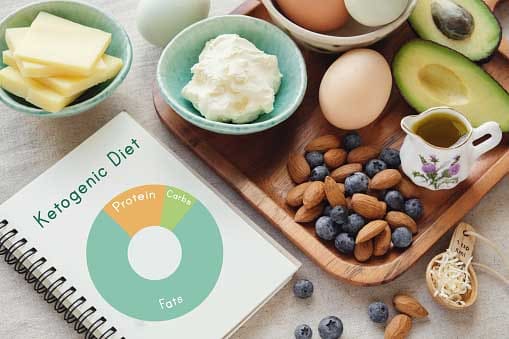
The ketogenic diet is a low-carb, moderate protein, and high-fat diet. It puts the body in a metabolic state known as 'ketosis', wherein the liver produces 'ketones'. Ketones occur from the breakdown of body’s stored fat in the liver. It is ketones that become the main energy source for the body. Thus on a keto diet, our body functions as a fat burner and not as a ‘sugar burner’, as it uses the stored fat of the body.
What constitutes ketogenic diet?
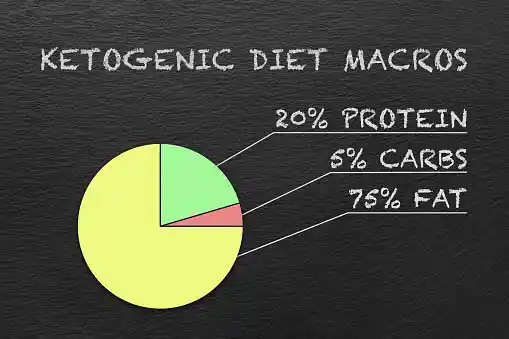
In an ideal keto, one should follow the below-mentioned percentage guideline for daily consumption of fat, protein, and carbohydrates (cumulatively called as ‘macronutrients’ count):
- 75%-80% of calories from fats/day
- 20%-25% of calories from protein/day
- 5%-10% of calories from carbohydrates/day
Remember, each individual’s specific macronutrient goals may vary depending on their particular lifestyle, weight, and health conditions. Therefore, do consult your doctor to get your specific macronutrients percentage.
What to eat in ketogenic diet
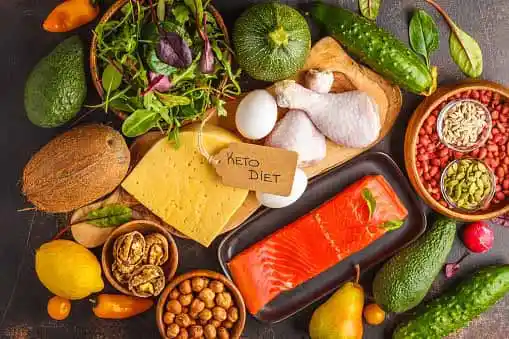
Plan your meal as per the following food options when on the ketogenic diet:
- Meats - Fish, seafood, beef, lamb, or plant-fed poultry, and plant-fed eggs
- Leafy greens and vegetables - Spinach, kale, broccoli, cauliflower, cabbage, zucchini green beans, lettuce, and bok choi
- High-fat dairy - Hard cheeses, high fat cream, butter, high-fat yogurt
- Nuts and seeds - Brazil nuts, pecans, pistachio, macadamias, peanuts, almonds, walnuts, sunflower seeds, pine seeds
- Fruits - Avocado, raspberries, blackberries, and other low-glycemic impact berries
- Sweeteners - Stevia, monk fruit, and other low-carb sweeteners
- Other fats - Coconut oil, olive oil, high-fat salad dressing, saturated fats, etc.
What not to eat in ketogenic diet
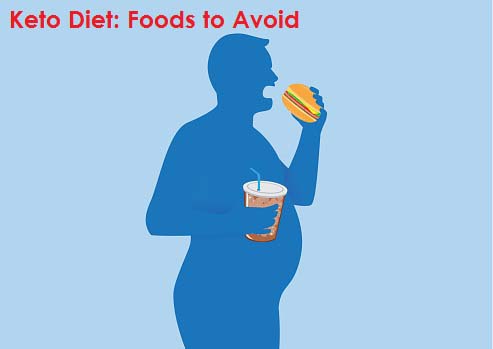
The food options you need to avoid to be benefitted from the ketogenic diet, include:
- Factory or farmed animal products - Grain-fed meats and egg, factory-farmed fish and pork products, processed meats (hamburger, hot dogs, deli meat)
- Dairy - Milk and low-fat milk products, shredded cheese
- Grains - Wheat, corn, rice, cereal like oats
- Sweeteners - Sugar, honey, maple syrup
- Fruits - Apples, bananas, oranges, grapes, papaya
- Vegetables - Starchy veggies like potato, sweet potato, yams, and other vegetables like carrots, peas, corns, tomatoes
- Legumes - Chickpeas, kidney beans, and other dried beans
- Processed vegetable oils - Cottonseed, sunflower, safflower, soybean, and canola oils
These foods contain high traces of carbohydrates and very little fat and protein and hence are not considered keto-friendly foods
What to drink in ketogenic diet?

Consume as much water as you can in a day. When on keto, your water-intake should not be less than 12 glasses a day.
Alcohol-wise, here’s the list of drinks to avoid:
- Wine (especially sweet wines)
- Beer
- Cocktails
- Sugary mixers that contain soda, syrups, or juices
- Flavored alcohols
The options of liquor that you can include, are:
- Tequila
- Whiskey, scotch, or bourbon
- Vodka, gin, or brandy
Who should not follow the ketogenic diet?
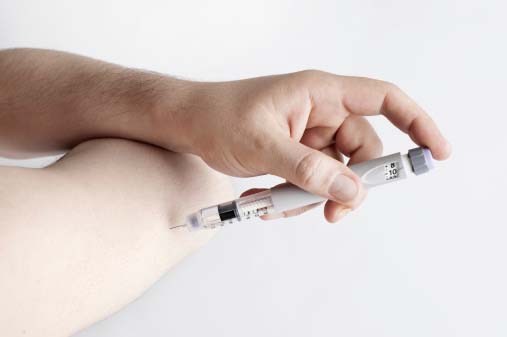
Although keto diet is considered very safe, you should not opt for this, if:
- You take medication for diabetes, e.g. insulin.
- You take medication for high blood pressure.
- You breastfeed.
Last but not the least, do consult a doctor before you decide to switch over to the ketogenic diet. As this diet is not for all! Also, in order to get effective results from this diet, you need to practice at least 30-minutes of physical activity daily.
To know more about the ketogenic diet and associated health benefits, consult a Dietician at www.healthcaremagic.com
Ask a Specialist
Recent Questions


